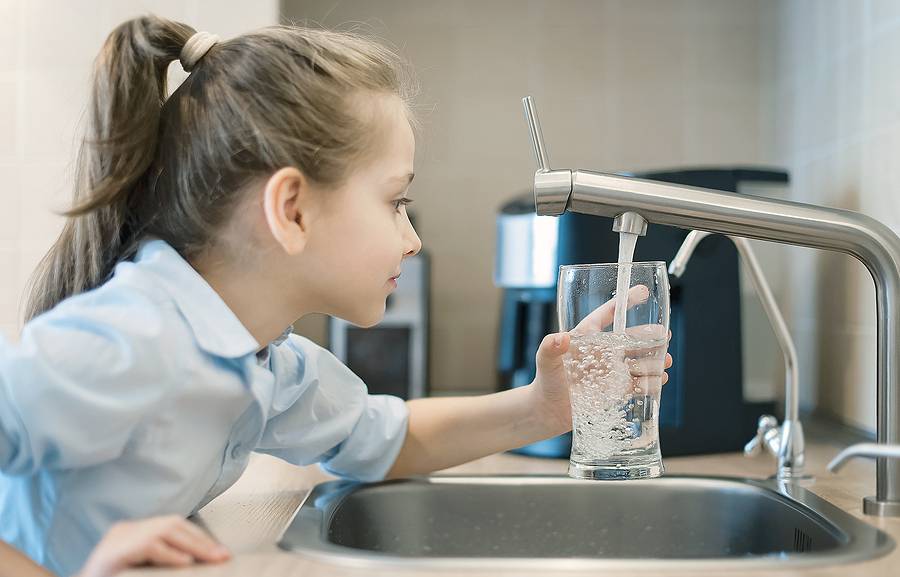Menu
Call This Wednesday to Get $50 Off
Do You Need a Plumber in Dallas, TX? Call us Now to Get $50 OFF
4.8 / 5 Ratings based on 1384 reviews Great Plumbers, Great Reviews
Call This Wednesday to Get $50 Off
When water flows from the supply source to your faucet, many factors can affect its quality. Consuming contaminated water can lead to serious health problems. Besides, hard water can reduce the efficiency and lifespan of your appliances and fixtures. Luckily, there are easy ways you can improve water quality in your home.

Here at Mr. Rooter Plumbing, we are committed to helping homeowners and businesses maintain clean and safe water supply. Our goal is to ensure you have access to clean, safe, and odorless water. Today, we will explain how to improve water quality in 5 simple steps.
Start by testing your water to identify any existing issues or contaminants. You can use DIY test kits or consult a plumbing service that specializes in water testing for a more comprehensive analysis. Understanding your water's composition is the first step in improving its quality.
Based on the results of your water test, consider installing a water filtration system. Filtration systems can effectively remove impurities such as sediment, chlorine, bacteria, and heavy metals. There are various types of filters available, including activated carbon filters, reverse osmosis systems, and UV purifiers. A professional plumber will help you choose the one that best suits your water quality needs.
If your water is hard due to high mineral content, consider installing a water softener. Hard water can lead to issues like scale buildup in pipes and appliances. Furthermore, hard water can lead to skin irritation and faded clothes. A water softener works by removing minerals like calcium and magnesium, resulting in softer water. Have a professional plumbing service install a water softener at the point of entry to ensure that every drop of water that flows through your home is treated for hardness.
Sediment buildup in your water heater can affect water quality and heating efficiency. As part of your water heater maintenance routine, you should periodically drain and flush your water heater to remove sediment. This simple maintenance task can improve both water quality and the longevity of your appliance.
If you have older plumbing pipes and fixtures, they may contribute to water quality problems. Corroded or deteriorating pipes can introduce contaminants into your water supply. It’s advisable to replace old plumbing components with newer, lead-free, and corrosion-resistant materials to enhance water quality and safety. You’ll know it’s time to replace your household plumbing if you notice problems such as frequent leaks, widespread corrosion, water discoloration, and frequent plumbing repairs. If your plumbing system is over 50 years old, it's a good idea to consider replacement, even if you haven't experienced any noticeable issues yet. Aging water pipes are more likely to fail and cause water contamination.
Whether you need help with testing your water, water filter installation, water heater maintenance, or plumbing replacement, our skilled and experienced plumbers are ready to help. With over 50 years of plumbing experience, we are your trusted source for professional plumbing services. Call us today and let us know about your plumbing concerns.
Few home repairs carry stakes as high as work involving natural gas. The convenience of…
Read More+Running a business means juggling countless responsibilities, and plumbing probably isn't at the top of…
Read More+Small leaks don't stay small. What starts as a few drops behind a wall or…
Read More+Is sewage coming up through your drains and spreading across your floors? That's the kind…
Read More+